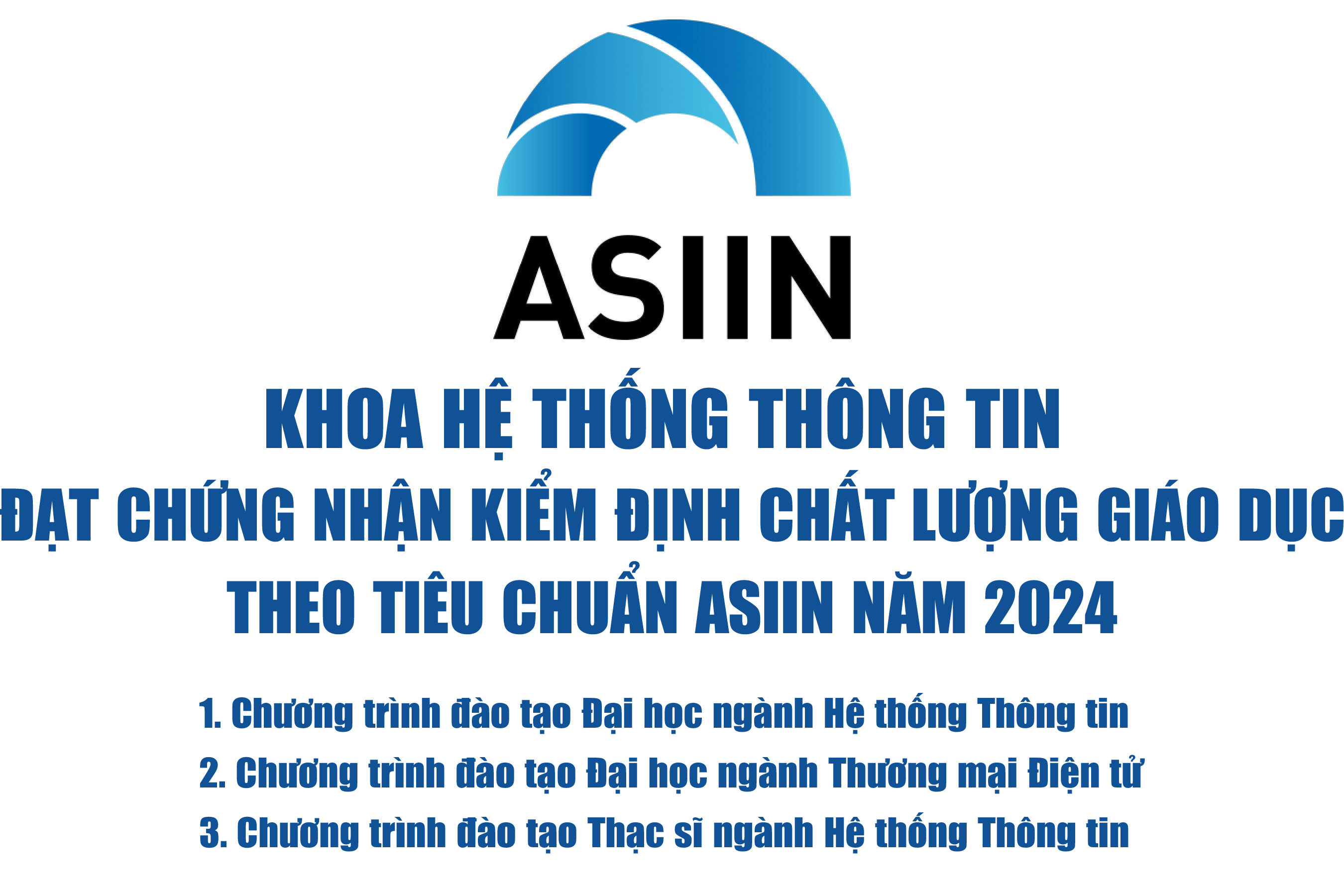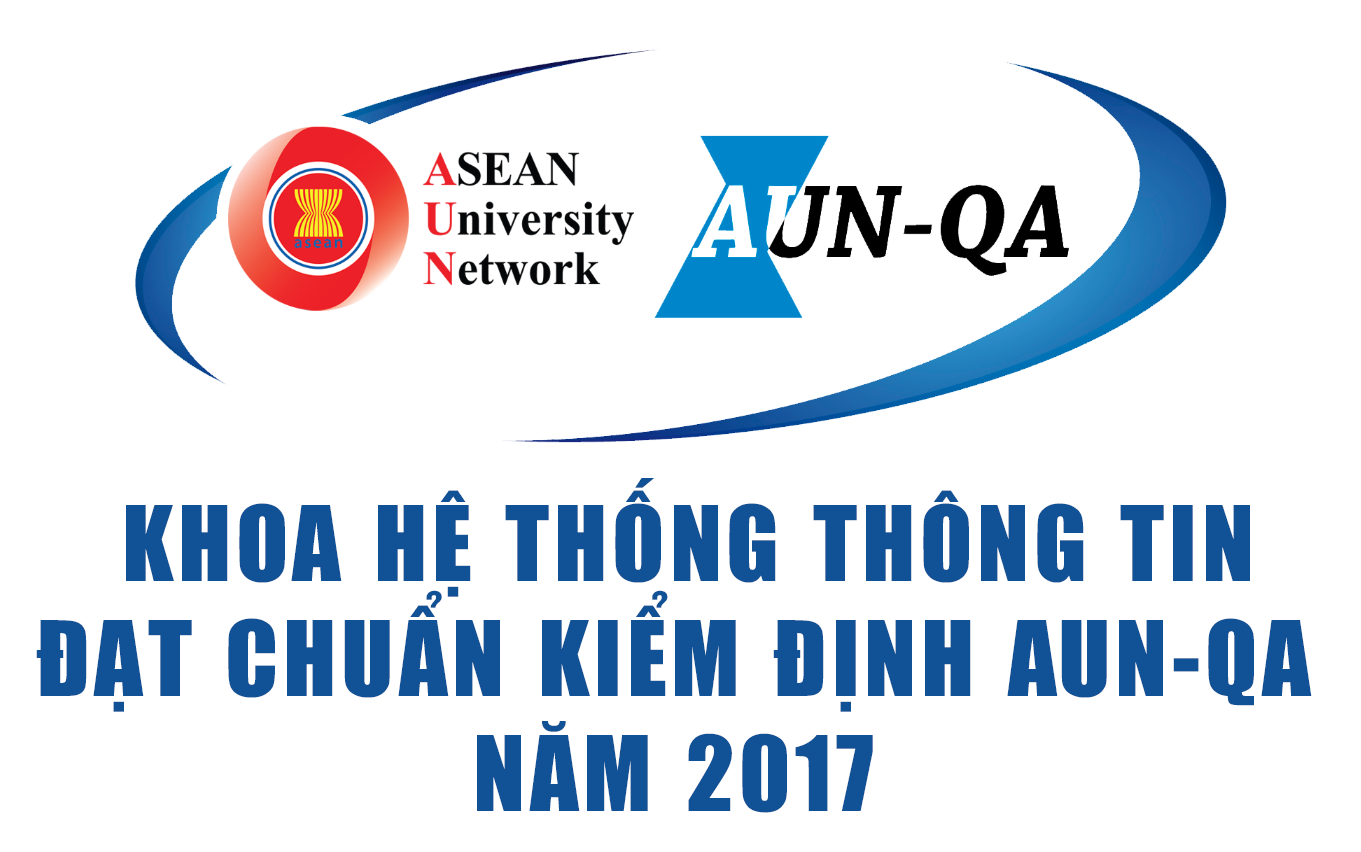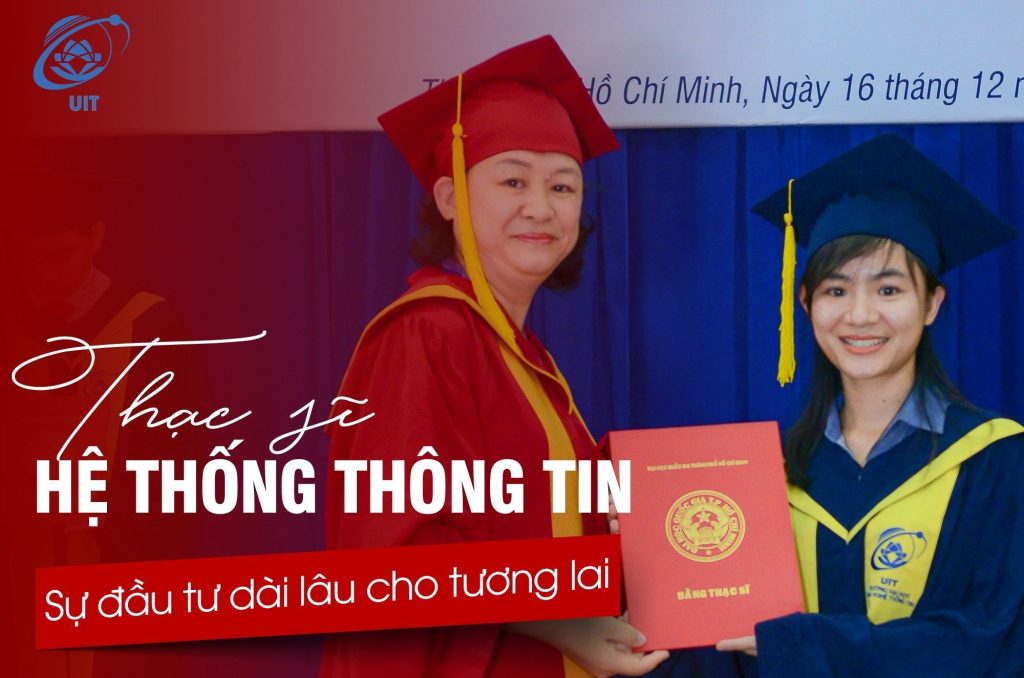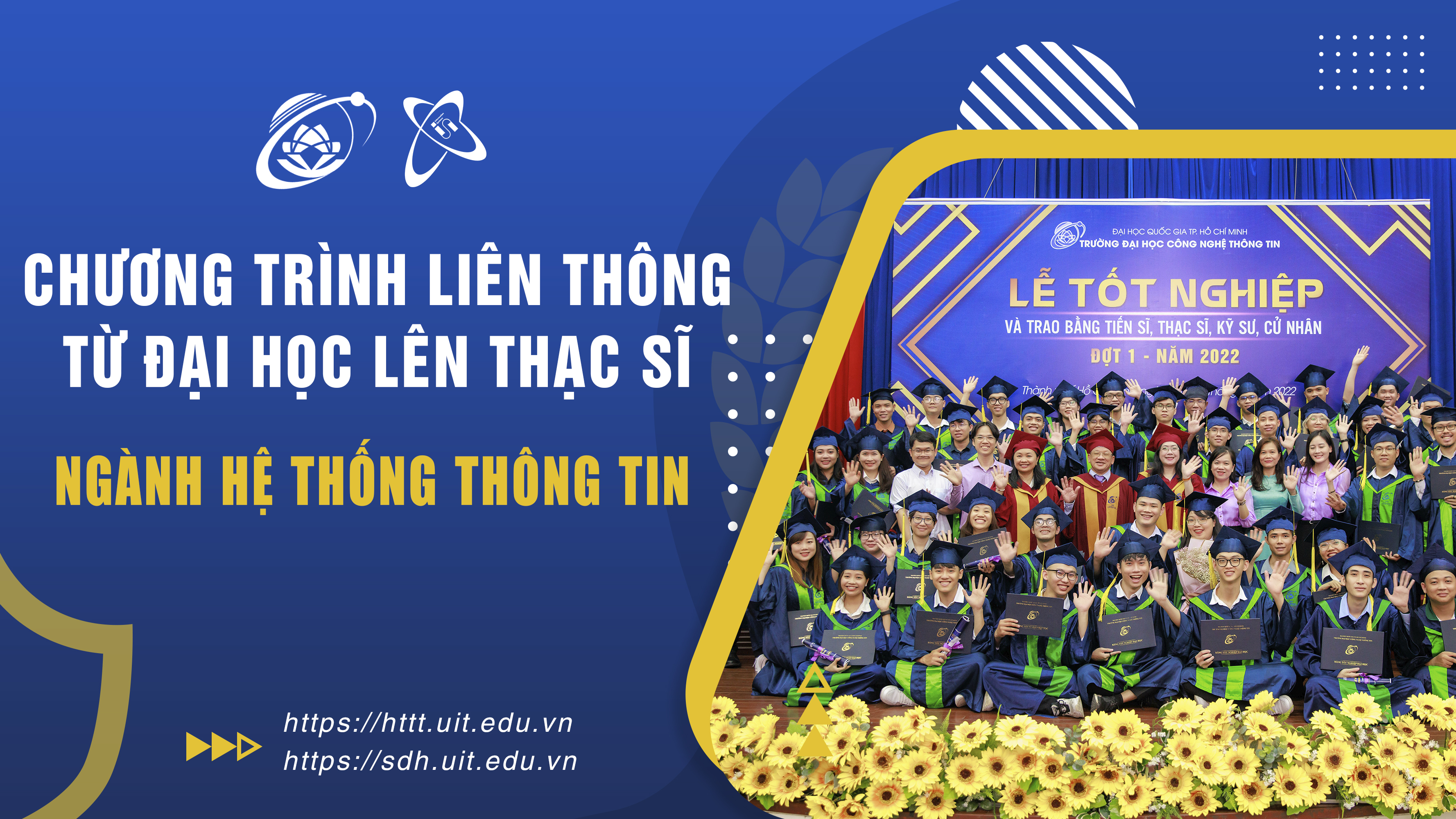Chúc mừng nhóm sinh viên HTTT2022.2 có bài báo được chấp nhận đăng tại Hội nghị Khoa học Quốc tế ISCMI 2025 (The 12th International Conference on Soft Computing & Machine Intelligence)
ISCMI 2025 được tổ chức bởi Hội nghị Quốc tế Ấn Độ về Trí tuệ Tính toán (IICCI), đồng thời nhận được sự bảo trợ kỹ thuật từ IEEE Brazil Council và IEEE Rio de Janeiro Section. Hội nghị ISCMI 2025 sẽ được tổ chức tại Rio de Janeiro, Brazil, từ ngày 21 đến 23 tháng 11 năm 2025.
Mục tiêu chính của ISCMI 2025 là công bố những nghiên cứu và kết quả mới nhất của các nhà khoa học trong lĩnh vực Tính toán mềm (Soft Computing) và Trí tuệ máy (Machine Intelligence).
Hội nghị này mang đến cơ hội để các đại biểu trực tiếp trao đổi ý tưởng mới, thiết lập các mối quan hệ kinh doanh hoặc nghiên cứu, cũng như tìm kiếm đối tác toàn cầu cho những dự án hợp tác trong tương lai.
Link hội nghị: https://www.iscmi.us
Tên bài báo: “LSTM-MLS: A hybrid framework for object trajectory prediction in autonomous vehicles”
Nhóm sinh viên:
- 22521681 – Trần Danh Vinh – HTTT2022.2
- 22521577 – Ngô Nhựt Trường – HTTT2022.2
Giảng viên hướng dẫn:ThS. Nguyễn Hồ Duy Trí và ThS. Nguyễn Hồ Duy Tri (Đồng hướng dẫn)
Abstract: Accurate prediction of surrounding object trajectories is a crucial element in autonomous driving systems, as it directly influences both safety and decision-making processes. Conventional deep learning methods often depend on fixed-lag architectures, which restrict their adaptability to the dynamic and heterogeneous conditions of real-world traffic environments.
To overcome these limitations, we introduce LSTM-MLS, a hybrid framework that combines Long Short-Term Memory (LSTM) networks with a Multi-Level Lag Scheme (MLS). This approach dynamically captures temporal dependencies across multiple lag intervals, allowing for more flexible and robust modeling of motion dynamics from heterogeneous sensor inputs such as LiDAR, radar, and cameras.
Experimental evaluations show that LSTM-MLS significantly reduces prediction errors and enhances real-time performance compared to conventional LSTM-based models. From an academic standpoint, this work contributes a novel strategy for trajectory forecasting by strengthening temporal representation learning. In practical applications, the proposed framework offers a scalable and efficient solution for real-time trajectory prediction, thereby improving the safety, responsiveness, and reliability of autonomous vehicles operating in complex traffic environments.











